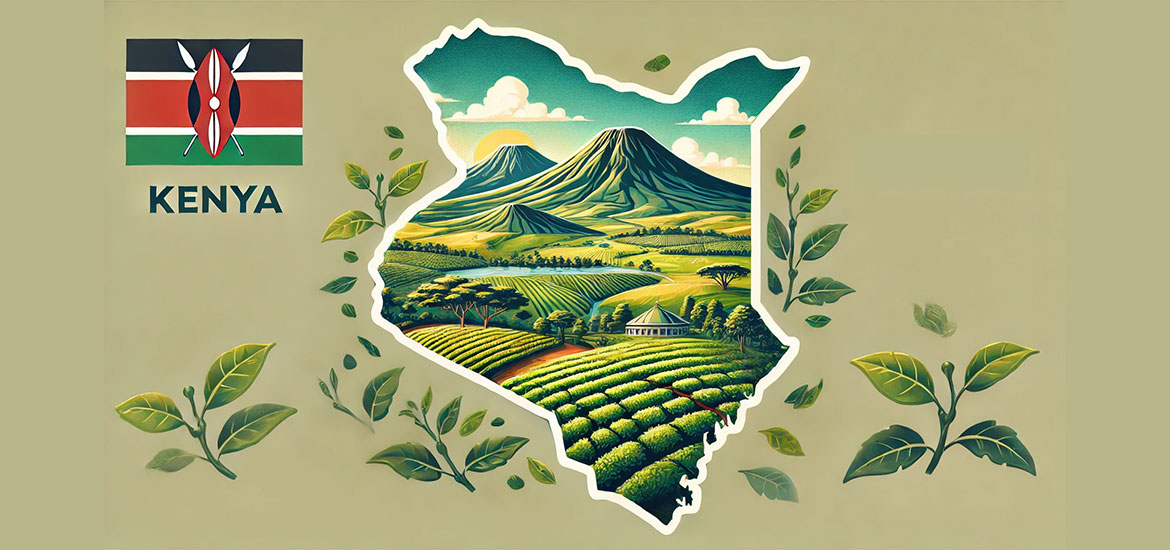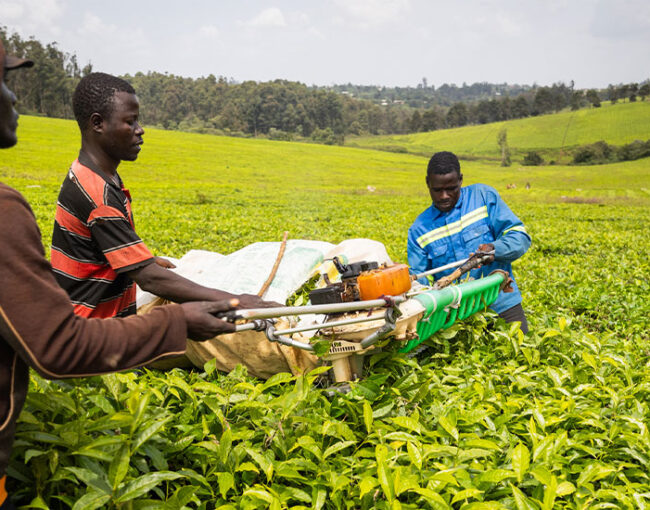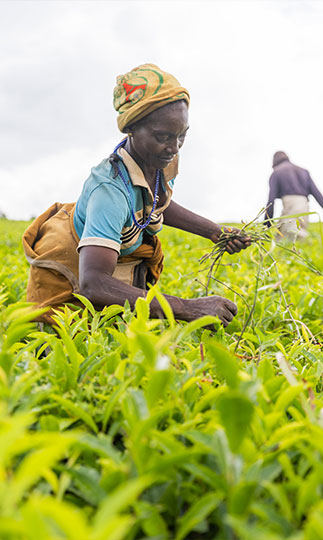Introduction
Kenya, renowned for its picturesque landscapes and diverse wildlife, is also making a significant impact in a different realm – the global tea market. With a history deeply rooted in tea cultivation and trade, Kenyan tea traders have become pivotal players in the worldwide tea industry. This article delves into the fascinating role they play and how their contributions have shaped the international tea landscape.
A Brief History of Kenyan Tea
The Roots of Kenyan Tea Cultivation
Kenya’s tea cultivation dates back to the early 20th century, when British settlers introduced tea plants to the fertile soils of the Rift Valley and the highlands. The industry steadily grew, and the nation soon became one of Africa’s top tea producers.
The Remarkable Growth
Kenya’s tea industry experienced remarkable growth, driven by its ideal climate conditions and commitment to quality. Today, it stands as one of the world’s leading tea producers and exporters.
Kenyan Tea Varieties
Black Tea Dominance
Kenya is primarily known for its bold, brisk, and flavorful black teas, which are often used in various blends and enjoyed worldwide. The robust taste and rich color of Kenyan black tea set it apart from others, making it a favorite in many households.
Specialized Tea Varieties
Apart from black tea, Kenyan tea traders also produce a variety of specialty teas, including green tea, purple tea, and white tea, catering to a more discerning global market that seeks unique flavors and health benefits.
The Role of Kenyan Tea Traders
Tea Auctions and Export
Kenyan tea traders actively participate in weekly tea auctions, where teas are sold to buyers from all over the world. These auctions are a key component of Kenya’s tea trade, ensuring transparency and fair pricing for both producers and buyers.
Sustainable Practices
Kenyan tea traders have made significant strides in promoting sustainable and ethical tea production. They engage in responsible farming and adhere to strict environmental standards, contributing to the global trend of eco-friendly tea. This focus on sustainability has not only helped protect the environment but also elevated the reputation of Kenyan tea on the international stage.
Supporting Local Communities
Kenyan tea traders play a crucial role in supporting local communities through job creation and various social programs. Their efforts have a positive impact on the livelihoods of many Kenyan families, helping to improve living standards and foster community development.
Market Expansion
Kenyan tea traders are instrumental in expanding the market for Kenyan tea products. They actively explore new export opportunities, enabling Kenyan teas to reach more consumers worldwide. Their efforts in market expansion have been key to maintaining Kenya’s position as a leading tea exporter.
Challenges Faced by Kenyan Tea Traders
Price Volatility
The global tea market is subject to price fluctuations, which can be challenging for Kenyan tea traders to navigate. Economic factors, supply-demand dynamics, and changes in the global economy often impact tea prices, making it difficult to maintain consistent profitability.
Competition
Kenyan tea traders face stiff competition from other tea-producing countries such as India, Sri Lanka, and China. To maintain their position in the market, they need to continually enhance product quality, innovate, and maintain competitive pricing.
Conclusion
In the grand tapestry of the global tea market, Kenyan tea traders have emerged as key contributors, offering a diverse range of teas while adhering to sustainable practices. Their commitment to quality, ethical farming, and community support has made Kenyan tea a favorite among tea enthusiasts worldwide. As they continue to expand their reach and overcome challenges, Kenyan tea traders remain at the forefront of the international tea trade, showcasing the richness and resilience of Kenya’s tea industry.
FAQs
- What makes Kenyan black tea unique?
Kenyan black tea is known for its robust flavor and rich color, setting it apart from other varieties. - How do Kenyan tea traders support local communities?
They create jobs and implement social programs, positively impacting the livelihoods of many Kenyan families. - What challenges do Kenyan tea traders face in the global market?
They face price volatility and stiff competition from other tea-producing countries. - Are Kenyan tea traders involved in sustainable practices?
Yes, they engage in responsible farming and adhere to strict environmental standards, promoting sustainable tea production.




